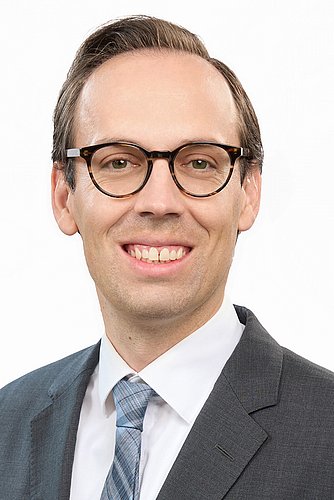The concept of employment in immigration law
Update Employment Law February 2022
Even professional tennis players need visas. Thanks to the Djokovic case, this fact should now be known to the entire world. But what activities are third-country nationals (not from the EU, EEA or Switzerland) actually allowed to carry out in Germany without a visa or with a simple Schengen visa? What does the term gainful employment mean?
In the following article we will showcase why these questions are so relevant in practice and explain what kind of case groups there are (not exhaustive).
The relevance of the question of gainful employment
Nationals of certain countries (e.g. USA, UK) generally do not need a visa, but only their passport in order to enter Germany. They are allowed to stay in the Schengen area for a maximum of 90 days within a six months period. However, if they want to work in Germany during this time, they need a visa for their stay.
The same applies to third-country nationals who hold a long-term residence document from another Schengen state that allows them to work there. They can also travel to Germany without a visa for a period of 90 days (within a 180-day period) as long as they are not employed here.
For other third-country nationals who do not fall in these two groups, it is easier to obtain a visa if the activities planned in Germany are not considered employment. The Federal Employment Agency does not have to be involved in the visa process.
It is therefore worth checking whether a visa is necessary, before applying for one.
What is "employment"?
The assessment of whether employment is given in Germany does not depend on where the salary is paid or where one is liable to pay social security or tax. The German legislator has defined groups of cases or occupations for which it is assumed that it is not a matter of gainful employment. They are therefore exempted by law.
Special regulations exist, for example, for international sporting events. Participating athletes and officials can take part in an international sporting event as long as the participation does not exceed the duration of 90 days within a twelve-month period. This period should be sufficient to play a Grand Slam tournament. Of course, this exception does not apply to every sporting event that describes itself as "international" or in which people from different countries (can) participate. Rather, there must be a guarantee of implementation by the federal government. It can be assumed that the federal government would give such a guarantee for a Grand Slam tournament. This case is also likely to be relevant, for example, for the 2024 European Championships in Germany. Non-EU foreigners, such as perhaps British nationals, will also participate.
The activities of members of the executive bodies of a legal entity who are entitled to legal representation (e.g. managing directors of a GmbH, limited liability company) and the activities of executive employees are probably more relevant for daily practice. As long as these activities are only carried out for up to 90 days within a period of 180 days, they do not constitute "employment" in the sense of immigration law. The term "executive employee" is based on the definition stipulated in section 5 (3) of the Works Constitution Act. Uncertainties may arise here, as the wording of such definition leaves room for interpretation (e.g. section 5 (3) no. 2 BetrVG: "who [...] has procuration and the procuration is also not insignificant in relation to the employer [...]").
Participation in meetings and/or negotiations by business travellers in Germany is also not considered employment. The preparation of contract offers, the conclusion of contracts and the supervision of the implementation of a contract also fall under this exception. The activities just mentioned must not constitute the provision of services (e.g. providing consultancy services within the meeting itself). It must not go beyond exploring closing opportunities and negotiating contracts. The limitation to 90 days within a 180-day period also applies here.
Risk of misjudgement
It is the responsibility of the foreigner as well as the "employer" in Germany to check and risk a misjudgement as to whether it is employment in the sense of immigration law, and thus subject to a visa requirement, or not.
If the foreigner carries out an activity without an appropriate visa, which is not covered by an exception, this constitutes illegal employment and is punishable by a fine and it is also a criminal offence if committed intentionally.
Irrespective of the above, carrying out an activity without an appropriate visa can have further very specific negative consequences for the future of the concerned foreigner. Problems may arise with future visa applications for the Schengen area.
The risk of a misjudgement primarily affects the privileged nationals of the best-friends nations (USA, UK, etc.) as well as workers with a residence title from another EU country, as they do not have to go through a visa procedure. In the case of other third-country nationals, the German diplomatic mission or consular post carries out an incidence check on the question of gainful employment, as the exact purpose of the journey must always be stated in a visa application for a Schengen visa. The diplomatic mission or consular post thus implicitly determines whether a privileged status exists or not.











